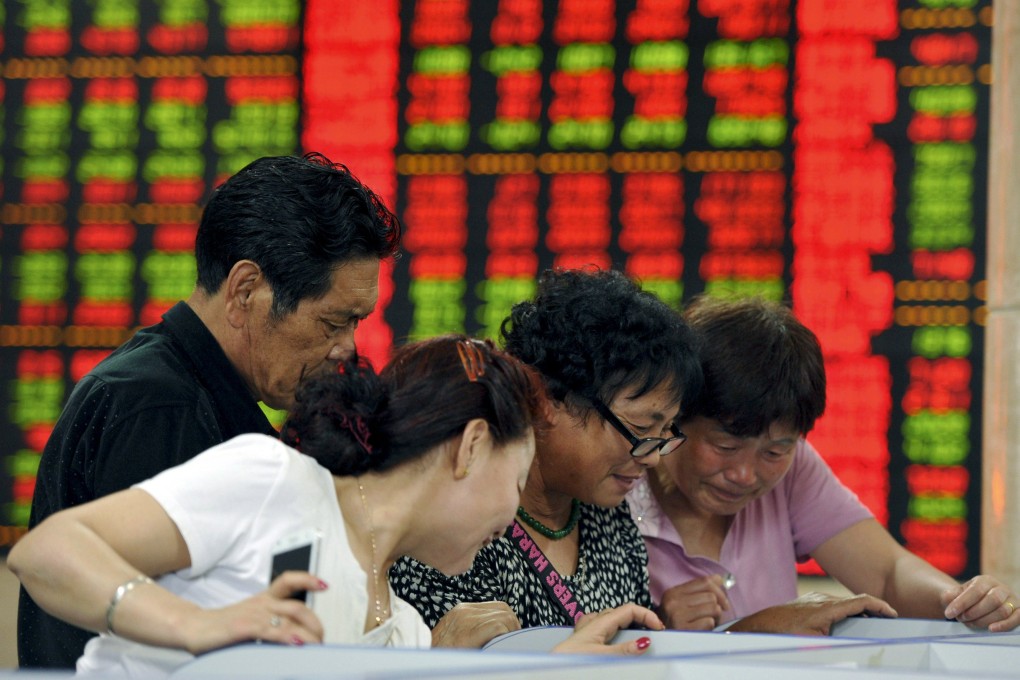China’s zero-Covid policy has ‘passed point of no return’ amid protests as stock strategist bets on reflation theme
- Alpine Macro says policy reflation will become the dominant theme for China’s economy, stock market
- ‘The bottom line is that China will continue to exit from its zero-Covid policy chaotically but surely’, China strategist Yan Wang says in report

The market’s resilience in recent weeks, amid a resurgence of Covid-19 cases, suggests investors have looked beyond the current spate of infections to bet on a likely change to Beijing’s zero-Covid regime, chief China strategist Yan Wang said in a report on Tuesday.
“We believe that the zero-Covid policy has passed the point of no return. Beijing will either voluntarily phase out the policy or be forced to do so,” Wang wrote. “Beijing’s political will to impose prolonged strict lockdowns is exhausted, not only due to the enormous economic costs, but also the overwhelming pandemic fatigue and discontent among the population.”
China’s willingness to ease pandemic restrictions soon after the Communist Party’s national congress in October, and a slew of policy directives to rescue the property market, are early signs of a change in thinking among policymakers. They have prompted money managers to latch onto so-called “reopening bets” that Goldman Sachs said could be a prelude to a 20 per cent rally in stock prices.
Alpine Macro’s bold prediction contrasted with views from Wall Street or European investment banks. Goldman Sachs sees a 30 per cent probability of reopening before the second quarter next year, including some chance of a “forced and disorderly exit” following reports of unrest spreading across mainland cities over the weekend.
Still, the latest wave of coronavirus outbreaks, with daily infections topping 40,000 for the first time, and protests in first-tier cities of Beijing and Shanghai, have stoked fears that the nation will roll back its easing measures. Wang said that concerns are unwarranted.

